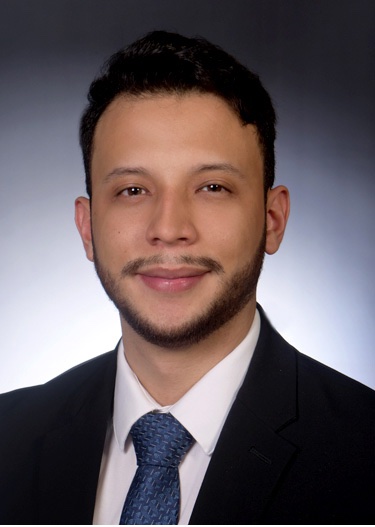287 Best Alcohol & Drug Rehabs in Virginia 2024
Virginia, also known as The Old Dominion State¨, has a population of approximately 8 million, from which a significant proportion of them struggle with addiction to alcohol or illegal substances. Family problems, job disparities, diseases, or mental health impairment could trigger addiction. To fight addiction, you must know all your options and adapt them to your needs, making rehabilitation a vital topic to discuss. Rehabilitation is the process or the action to restore or to come back to everyday life after addiction or illness.
This article describes substance abuse statistics in Virginia the types of rehab centers available in the state, the services they offer, and useful tips to help you choose the right rehab center.
Virginia hosts a range of highly regarded rehab centers known for their excellence in addiction treatment. These top facilities offer a variety of programs tailored to meet the unique needs of each individual, from detox and residential care to outpatient services and ongoing support. With a focus on holistic recovery, Virginia's leading rehab centers combine medical expertise with compassionate care to help individuals overcome addiction and achieve sobriety. Some of the best rehab centers in Virginia include:
287 Treatment Centers in Virginia, US
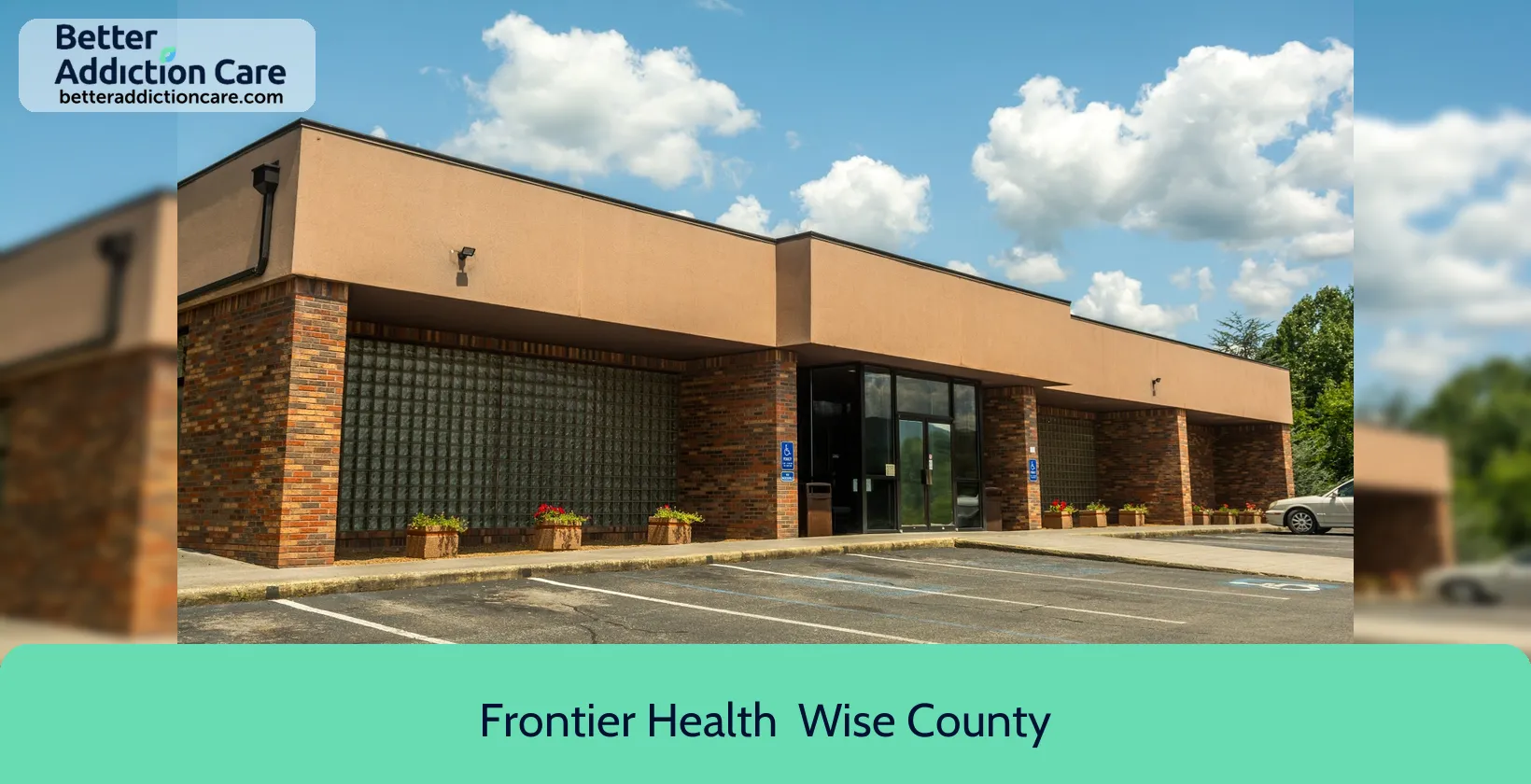


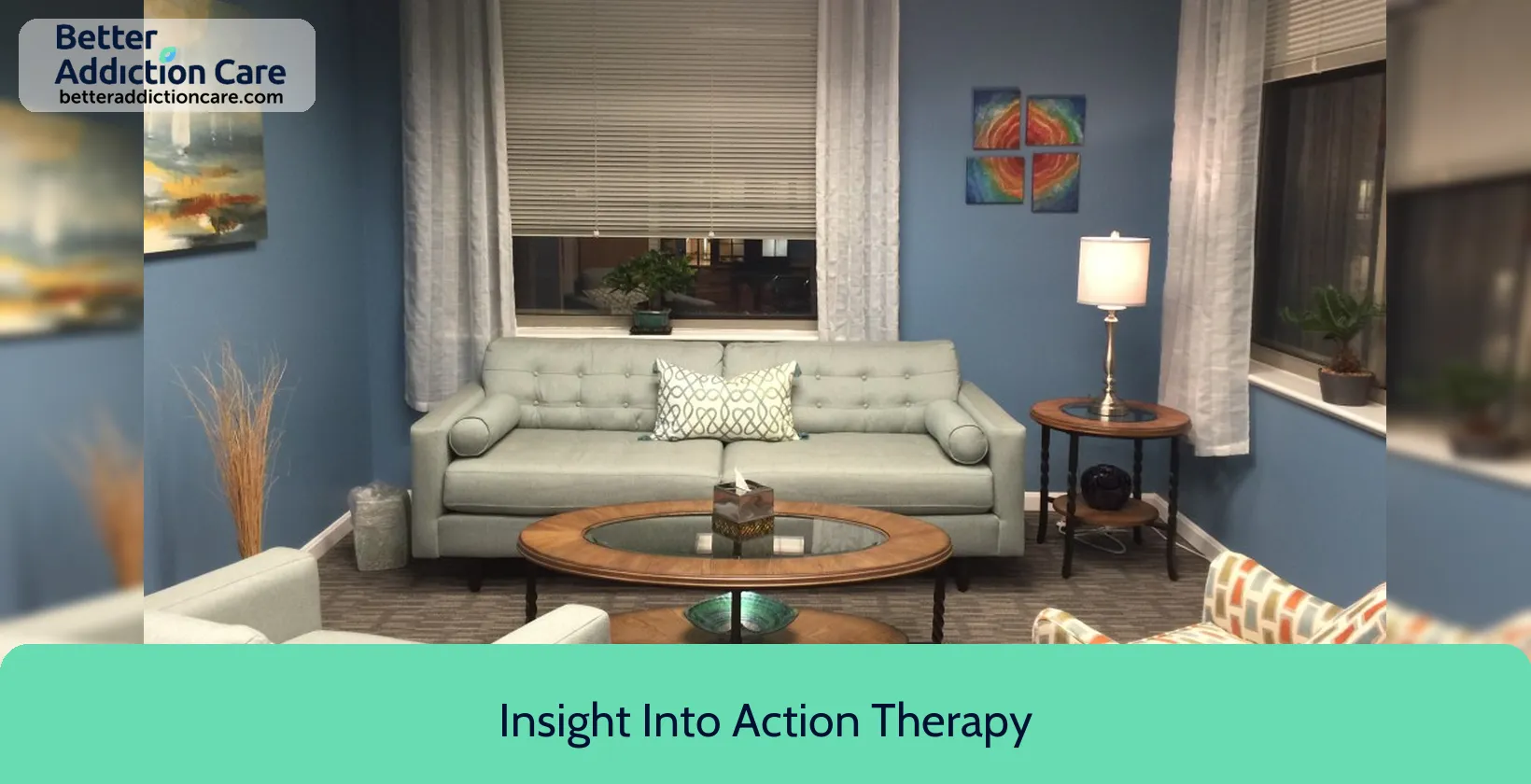
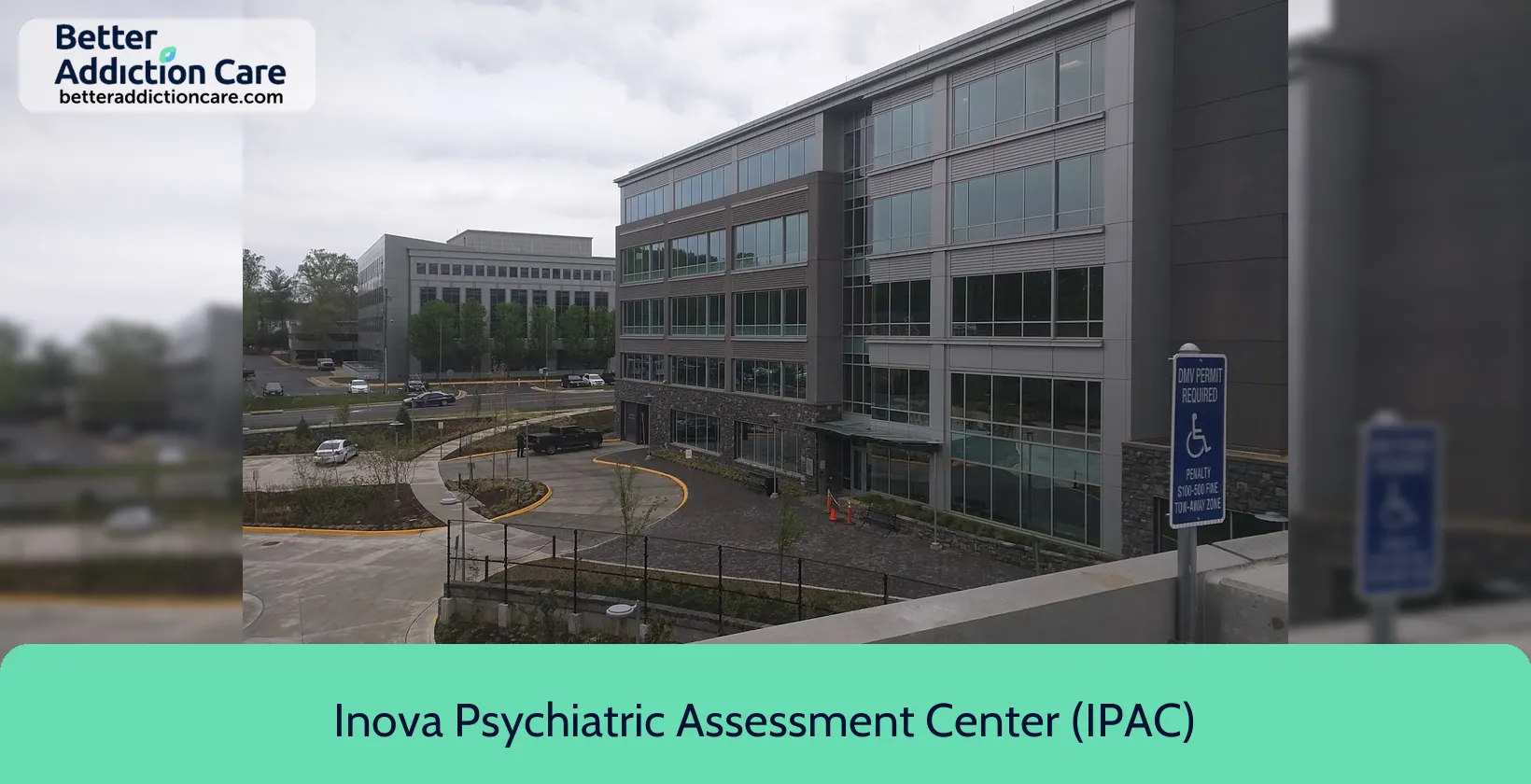

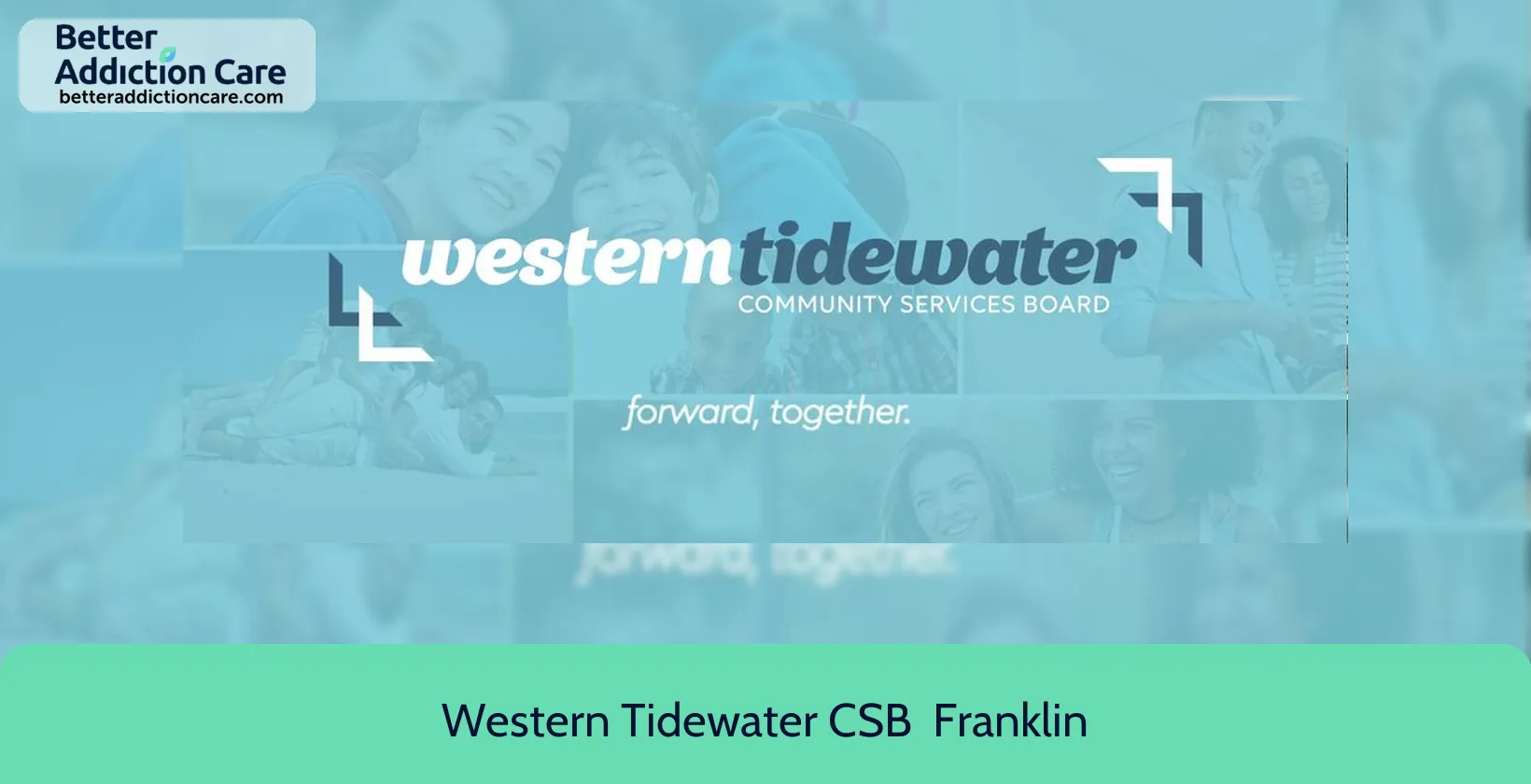

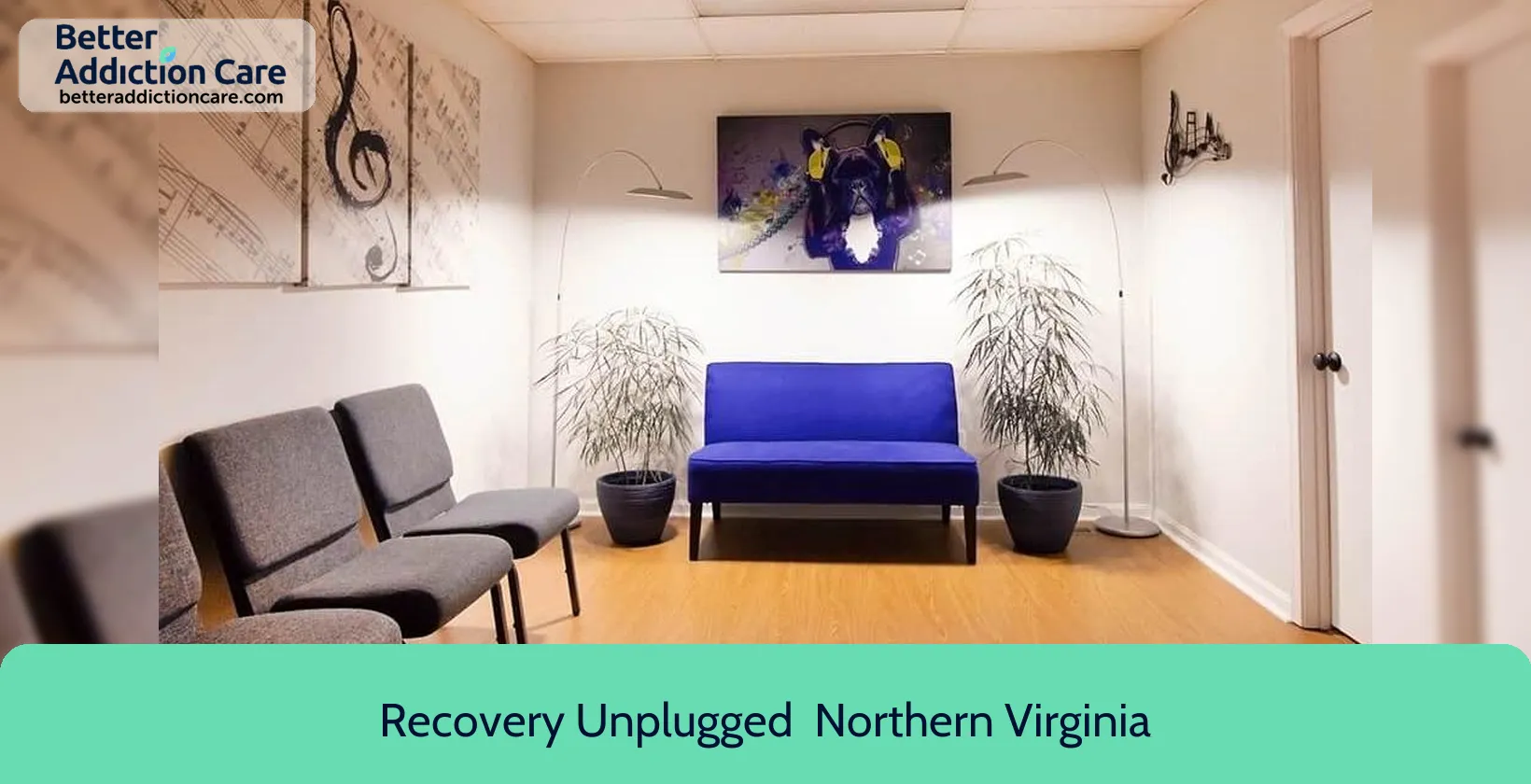






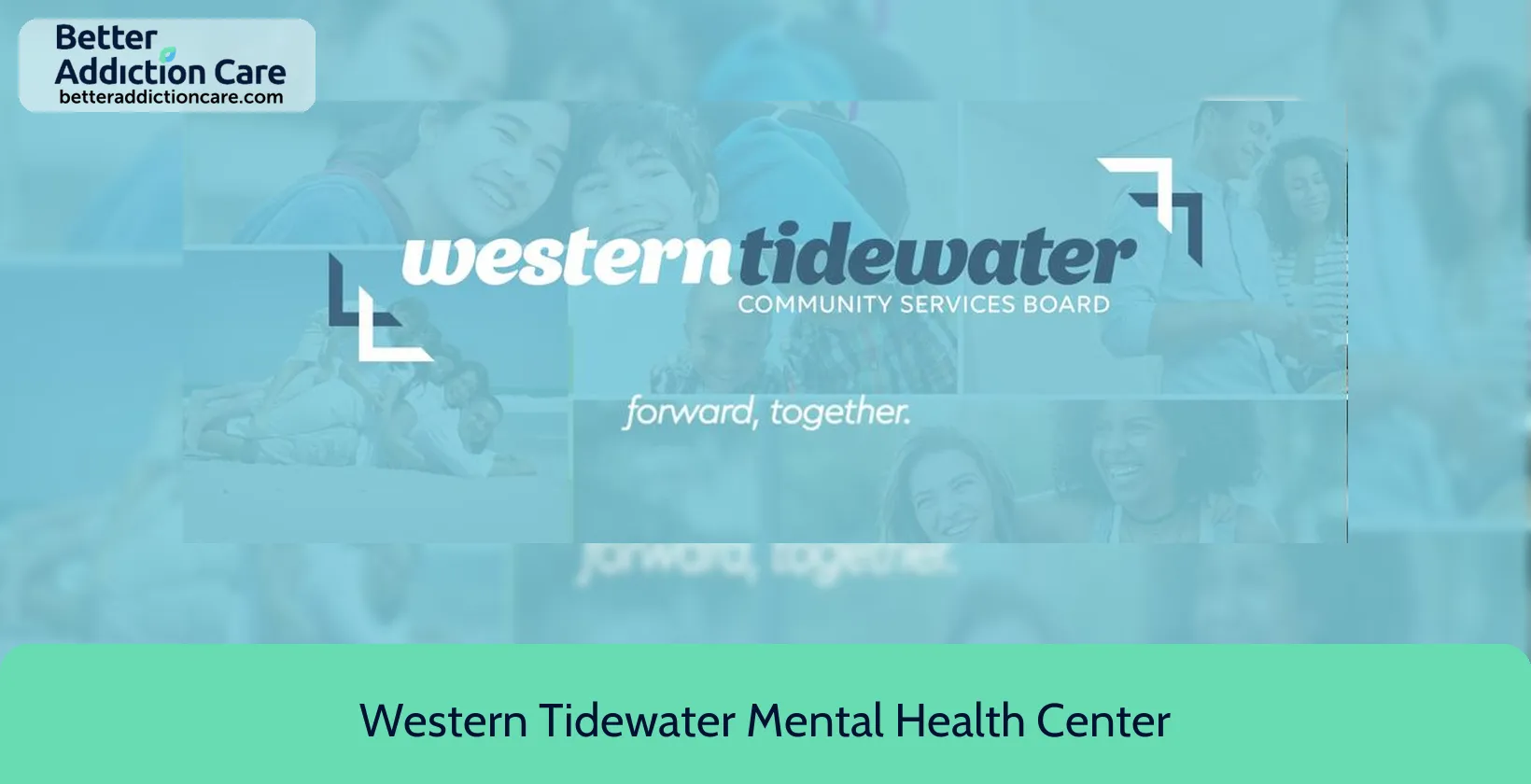











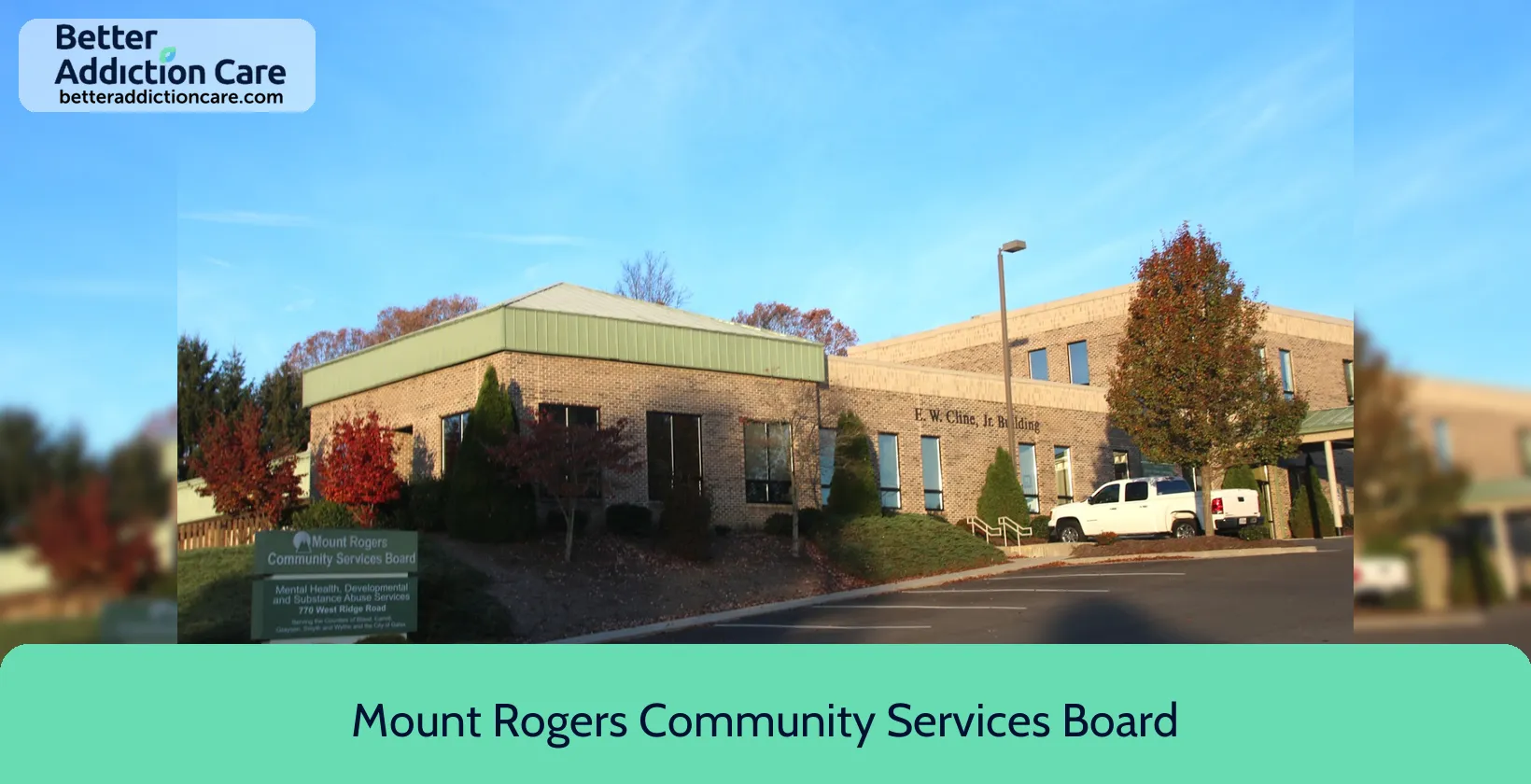

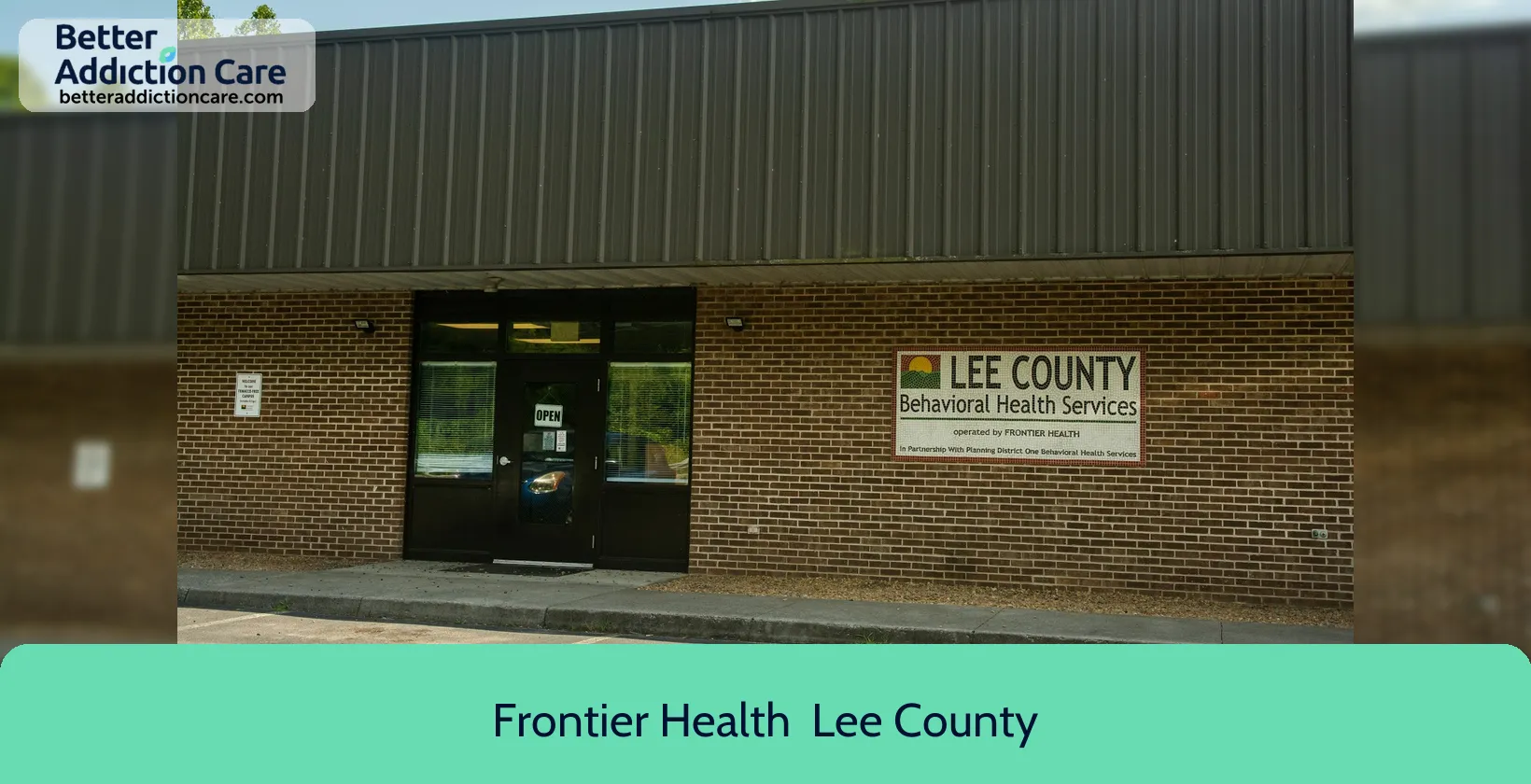


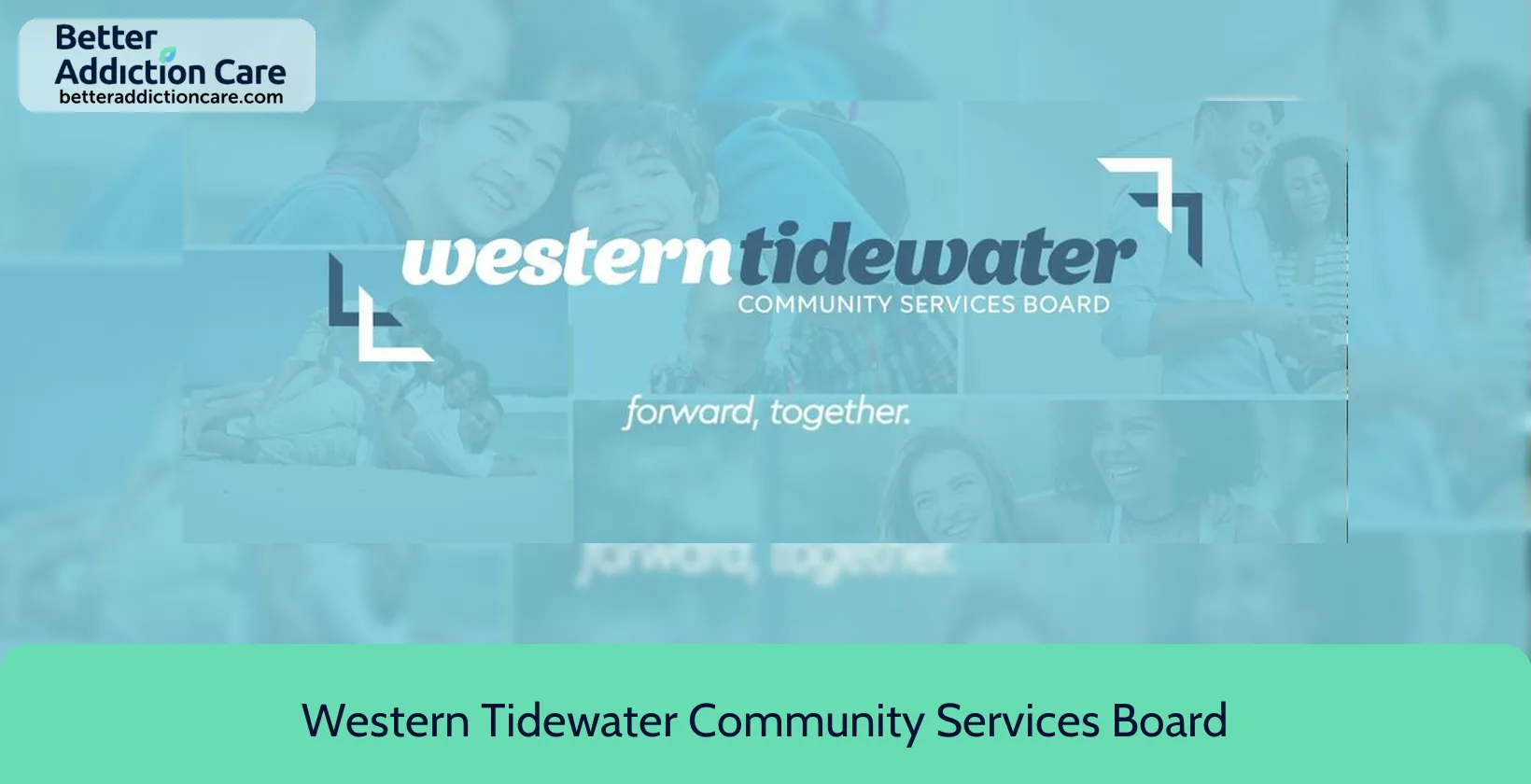














Substance Abuse Statistics for Virginia
In 2022, Virginia reported 2,490 drug overdose deaths, reflecting a 5% decrease from the previous year, 2021. However, it’s critical to note that almost eight out of ten (79%) of these deaths were associated with potent substances like fentanyl, its analogs, and tramadol. The worldwide fame of these drugs in overdose cases underscores the persistent and dangerous nature of the opioid crisis in the state.
Simultaneously, 22,398 emergency department (ED) visits were related to drug overdoses. This rise in ED visits, despite the slight decrease in fatalities, highlights the ongoing prevalence of drug misuse and the urgent need for continued public health interventions. Understanding the rate of drug consumption and its consequences is vital as it helps public health officials, policymakers, and community leaders develop targeted strategies to prevent overdoses and save lives. Additionally, it allows healthcare providers to prepare and respond effectively to the needs of those struggling with substance use disorders.
How Many Rehab Facilities Does Virginia Have?
Virginia has many rehab center options for individuals struggling with substance abuse. There are about 588 rehab centers available in Washington, while there are other 1,262 facilities that help people dealing with mental health issues.
Currently, 700 rehab centers in Virginia accept Medicaid, 325 facilities accept Medicare, and 473 accept private insurance.
Substance Abuse Facilities
In Virginia, substance abuse facilities are key to addressing the widespread issue of substance abuse disorders. These centers offer a variety of critical services, including medical detox, counseling, and ongoing recovery programs, all designed to support individuals in their journey to overcome addiction. Whether it is an inpatient or outpatient program, these facilities help patients break their dependency and equip them with strategies for long-term success. Virginia's commitment to expanding access to these resources ensures that more individuals can find the help they need to achieve sobriety.
Mental Health Facilities
There are about 1,262 mental health facilities in Virginia. The relevance of mentioning mental health facilities resides in the proportion of people who develop substance use disorders (SUD) and also have mental health disorders, or vice versa. While there are fewer studies on young people, research shows that teenagers with substance use disorders often have other mental health issues. More than 60% of teens with substance use disorder also meet the criteria for another mental illness.
Severe mental illness in adults aged 18 and older is defined by the federal government as having, at any point in the past year. This diagnosable mental, behavioral, or emotional disorder seriously affects daily life and limits one or more major life activities. Serious mental illnesses include anxiety, depression, post-traumatic stress disorder (PTSD), schizophrenia, and other disorders that cause significant impairment. About 1 in 4 people with serious mental illness also have a substance use disorder.
How Much Do Rehab Facilities in Virginia Cost?
The average cost of substance abuse treatment in Washington is $56,456. The following costs of inpatient and outpatient rehab are based on a 30-day program, and may vary depending on your insurance:
Inpatient rehab center:
-
$616.39 per day without insurance coverage
-
$246.56 per day with 60% insurance coverage
-
$123.28 per day with 80% insurance coverage
Outpatient rehab center:
-
$57.00 per day without insurance coverage
-
$22.80 per day with 60% insurance coverage
-
$11.40 per day with 80% insurance coverage
Types of Rehab Facilities in Virginia
Virginia offers a diverse variety of rehab facilities designed to meet the varying needs of those seeking recovery from addiction. These facilities often provide tailored approaches to help individuals at different stages of their recovery journey. Each type of rehab facility in Virginia is equipped to offer the specific care and support needed to foster lasting sobriety. The following table presents the characteristics of the most common types of rehab centers available in Virginia:
|
Type |
Characteristics |
|
|
|
|
|
|
|
|
|
Gender-specific Programs |
|
|
Faith-Based Rehab Centers |
|
Virginia Rehab Insurance
In Virginia, securing rehabilitation services for substance abuse recovery starts with understanding your health insurance coverage. Coverage can vary, with some plans offering robust benefits for inpatient care and others focusing on outpatient treatment or requiring pre-authorization. It’s crucial to check if your plan includes any limits on the number of sessions or treatment duration. Additionally, when choosing a rehab facility, consider if it’s in-network to reduce costs, but also evaluate the facility’s reputation and the alignment of its services with your needs. Reviewing your plan’s details and consulting with your insurance provider and potential rehab centers will help you make informed decisions and manage costs effectively. Some of the most important insurance companies that provide rehab coverage in Virginia are:
-
Medicare (for eligible individuals)
Choosing the Right Rehab Center in Virginia
The following are some useful steps to follow in order to choose the right rehab center that is able to fit your individual needs:
-
Evaluate the proximity of your home and choose a location that suits your preference.
-
Look for affordable costs and insurance coverage, and explore payment plans, scholarships, or financial aid.
-
Check for accreditation. Licensing and certifications by reputable organizations (E.g., Joint Commission Accreditation or Commission on Accreditation of Rehabilitation Facilities (CARF)).
-
Check for success rates based on reviews
-
Be sure to ask about specialized programs that meet your needs.
-
Check for treatment philosophy.
-
Verify staff qualification, experience, and credentials.
-
Check for reviews and reputation.
-
Go to the facility and have a tour as well as a consultation.
Explore the Best Virginia Rehabs
Virginia offers a wide range of rehab facilities and mental health centers that provide comprehensive care through inpatient, outpatient, dual diagnosis, gender-specific, and faith-based programs. The rehab cost varies depending on insurance coverage, making these services more accessible to a broader population. When choosing the right rehab center, it's essential to consider location, cost, accreditation, specialized programs, and staff qualifications. With these resources, Virginia's rehab facilities offer a strong foundation for individuals seeking to recover their lives from addiction.
Local Rehabs in Virginia
Common Questions About Better Addiction Care
Take a look at our FAQ. We've tried to fill it with all the answers you're looking for. And if not, contact us on (800) 429-7690.
You can check any rehab center accreditation by looking them up on the websites of reputable organizations such as Joint Commission Accreditation or the Commission on Accreditation of Rehabilitation Facilities (CARF). You can also check state licensing through the Virginia Department of Behavioral Health and Developmental Services.
When preparing for a stay at a rehab center, it's important to bring essential items that will support your comfort and recovery. Pack personal identification, insurance cards, and any necessary documentation, along with comfortable clothing for daily activities and sleep. Include basic toiletries like a toothbrush, shampoo, deodorant, and any prescribed medications in their original bottles. A notebook or journal can be helpful for reflection, and you may want to bring a few books or personal items for comfort. However, it's crucial to leave valuables, electronic devices, non-prescribed medications, and prohibited items like alcohol or sharp objects at home. Before packing, check with the rehab center for their specific guidelines on what to bring and what to leave behind.
Yes, family members can often be involved in the treatment process at many rehab centers. Family involvement is considered a crucial component of recovery, as it helps to address underlying issues, improve communication, and provide a support system for the individual in treatment. Many rehab programs offer family therapy sessions, educational workshops, and support groups designed to help family members understand addiction and learn how to support their loved one’s recovery.

